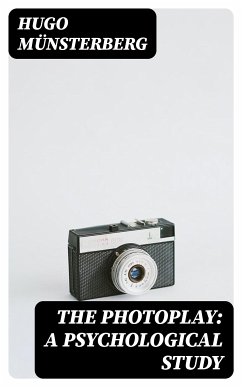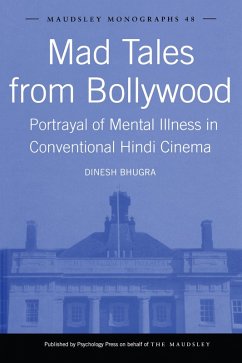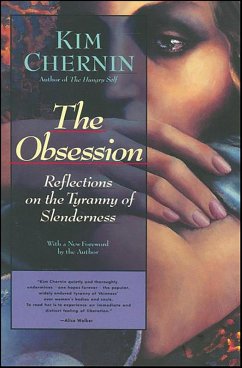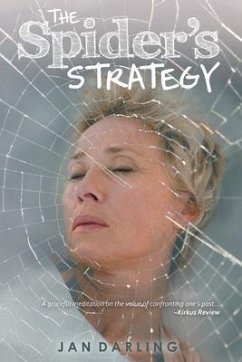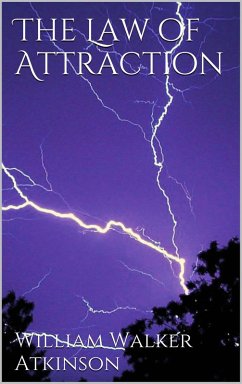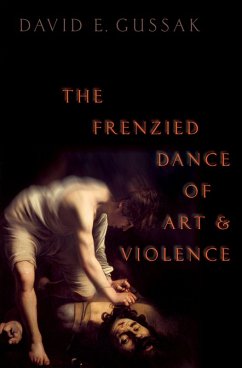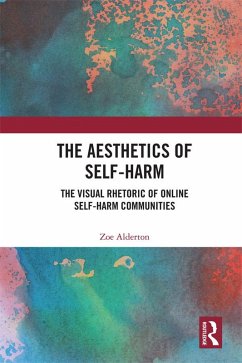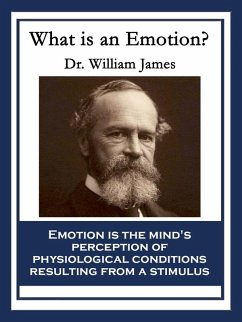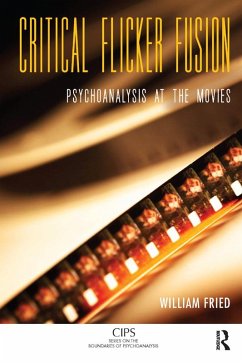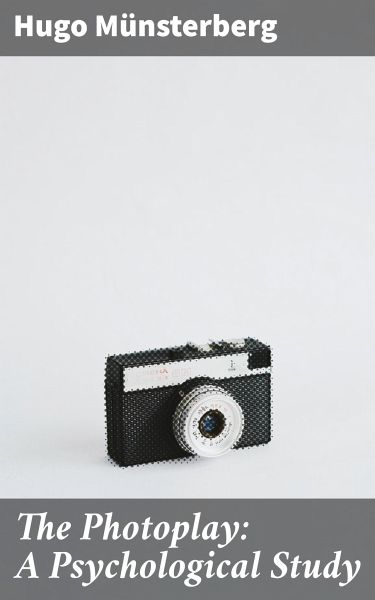
The Photoplay: A Psychological Study (eBook, ePUB)
Enriched edition. Unraveling the Mind Behind Cinema: A Scholarly Analysis of Visual Storytelling in Early Film History
Kommentar: Harrington, Aiden / Redaktion: Good Press
Versandkostenfrei!
Sofort per Download lieferbar
1,99 €
inkl. MwSt.
Weitere Ausgaben:

PAYBACK Punkte
0 °P sammeln!
In "The Photoplay: A Psychological Study," Hugo Mvºnsterberg delves into the burgeoning world of cinema, examining its psychological impact and artistic potential. Through a meticulous analysis of the mechanics of film, Mvºnsterberg illuminates how visual narrative techniques evoke emotional responses and shape audience perception. His writing is characterized by a blend of psychological theory and philosophical inquiry, reflecting the early 20th-century debate about the art and science of film as a new form of expression, distinct from literature and theatre. This pioneering work situates c...
In "The Photoplay: A Psychological Study," Hugo Mvºnsterberg delves into the burgeoning world of cinema, examining its psychological impact and artistic potential. Through a meticulous analysis of the mechanics of film, Mvºnsterberg illuminates how visual narrative techniques evoke emotional responses and shape audience perception. His writing is characterized by a blend of psychological theory and philosophical inquiry, reflecting the early 20th-century debate about the art and science of film as a new form of expression, distinct from literature and theatre. This pioneering work situates cinema within the broader context of psychology, underscoring its capacity to influence human experience and thought. Hugo Mvºnsterberg, a German-American psychologist and philosopher, made significant contributions to applied psychology and the understanding of consciousness. His academic background and interest in the relationship between psychology and the emerging medium of film inspired him to explore these themes further. Mvºnsterberg's dual expertise in psychology and the arts rendered him uniquely qualified to consider film not only as entertainment but also as a serious artistic endeavor that could convey complex human emotions and ideas. This book is a must-read for enthusiasts of cinema and psychology alike. Mvºnsterberg's insights not only laid the groundwork for future film theory but also invite readers to ponder the profound effects of visual storytelling on the human psyche. Whether you are a film scholar, a psychologist, or simply a lover of cinema, this seminal work offers a rich understanding of the interplay between film and human experience. In this enriched edition, we have carefully created added value for your reading experience: - A succinct Introduction situates the work's timeless appeal and themes. - The Synopsis outlines the central plot, highlighting key developments without spoiling critical twists. - A detailed Historical Context immerses you in the era's events and influences that shaped the writing. - A thorough Analysis dissects symbols, motifs, and character arcs to unearth underlying meanings. - Reflection questions prompt you to engage personally with the work's messages, connecting them to modern life. - Hand-picked Memorable Quotes shine a spotlight on moments of literary brilliance. - Interactive footnotes clarify unusual references, historical allusions, and archaic phrases for an effortless, more informed read.
Dieser Download kann aus rechtlichen Gründen nur mit Rechnungsadresse in A, B, BG, CY, CZ, D, DK, EW, E, FIN, F, GR, H, IRL, I, LT, L, LR, M, NL, PL, P, R, S, SLO, SK ausgeliefert werden.




